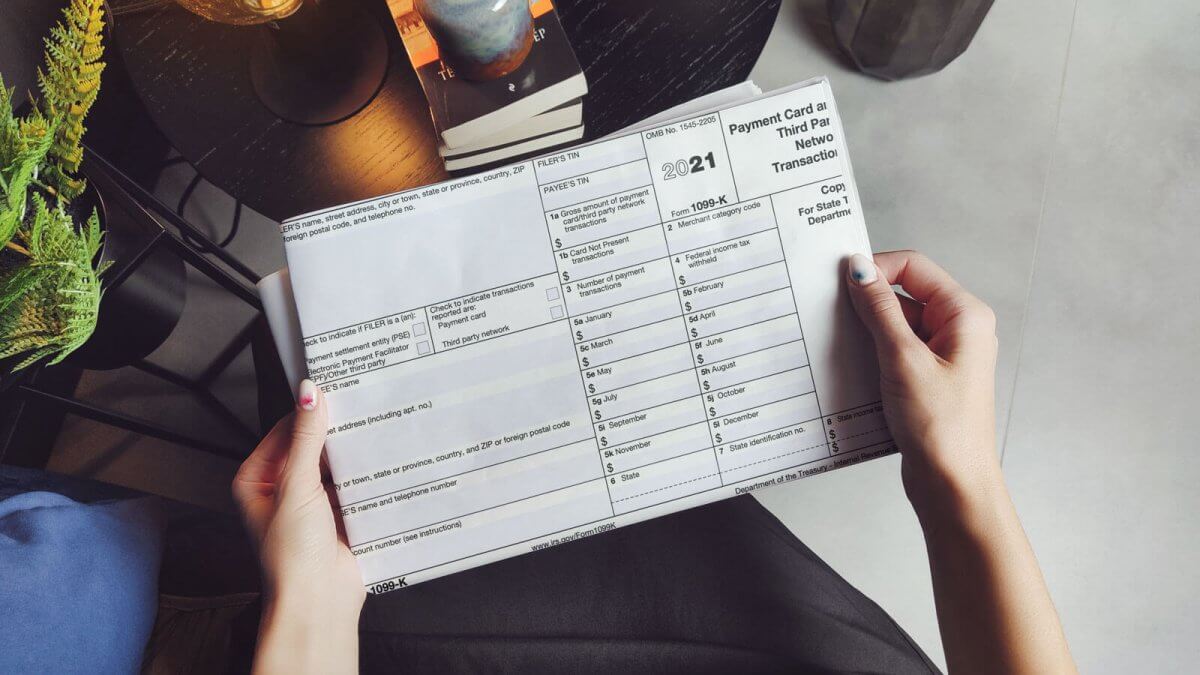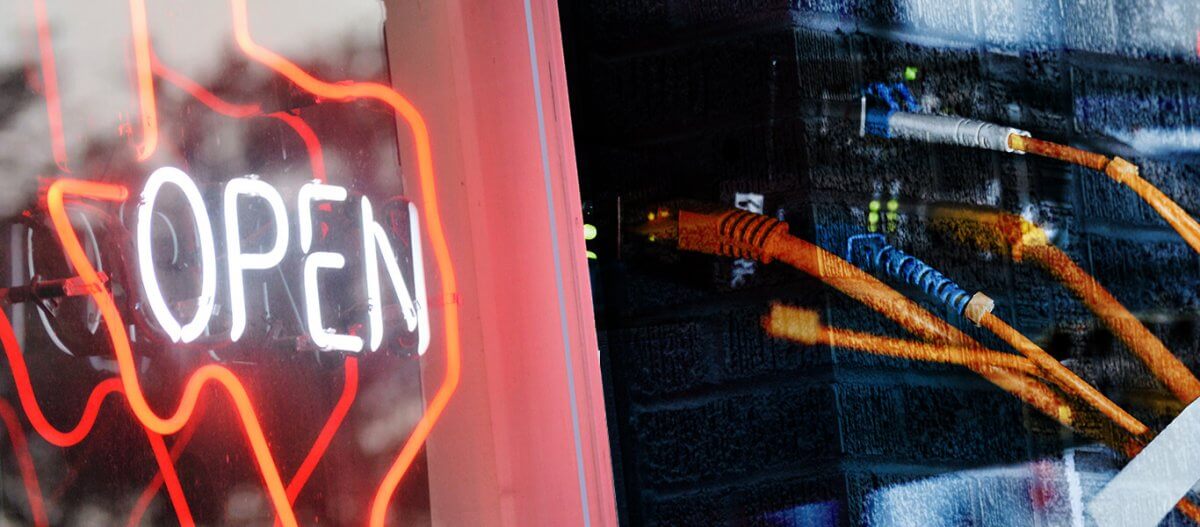This week marks the 216th birthday of the Library of Congress, which was founded on April 24, 1800.

The nation’s library is steeped in a rich history, serving as our country’s oldest cultural institution and the largest library in the world, containing millions of books, manuscripts, photographs, maps, manuscripts, and recordings. Above housing invaluable contributions to our nation’s history, the Library serves as the people’s institution to both preserve and foster culture.
The Library is also home to a critical piece of the U.S. government: the Copyright Office. The U.S. Copyright Office was centralized in the Library of Congress in 1870, creating a linked system between the nation’s library and the Office responsible for sustaining our copyright system. Both serve a critical role in advancing the public interest and promoting the useful arts by providing access to works of creativity, fostering economic, social, and cultural value throughout the United States and the world.
As we reflect on the great social, economic, and cultural importance of the Library during its birthday celebration, we should also consider its future. In recent years, policymakers and constituents have questioned the Library’s (and Copyright Office’s) next chapter in the digital age, calling for both administrative and policy reforms that will make the Library more adaptable to modern technology and the public’s desire for accessibility.
The Library’s birthday and the discussion on its future coincide with another critical juncture in its history: for the first time in nearly three decades, the President has nominated a new Librarian of Congress, Dr. Carla Hayden, who is currently awaiting confirmation by the U.S. Senate.
The enduring power of the Library of Congress and the U.S. Copyright Office to provide knowledge, access, and engagement to the nation will be deeply influenced by the coming years and the transformation into a 21st century institution. Internet companies are critical stakeholders in our nation’s copyright laws and the effective and equitable administration of both the policy and operations of the Copyright Office. By harnessing the power of modern technology, the Library and the Office’s accessibility to the nation would empower new generations of creators and thinkers.
More than two centuries after its foundations were laid, the Library is still a proud American institution, and has a unique opportunity in this chapter of history. The Internet industry applauds its 216th birthday and looks forward to a valuable partnership with the Library of Congress.










